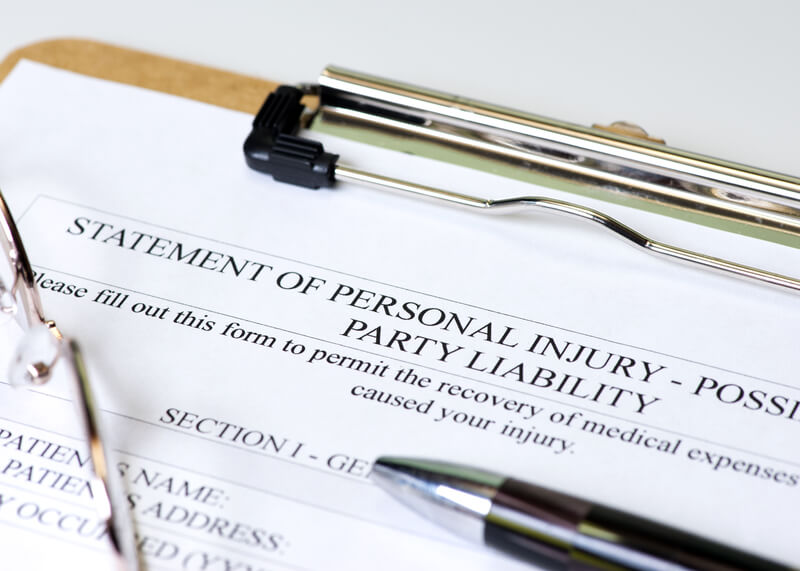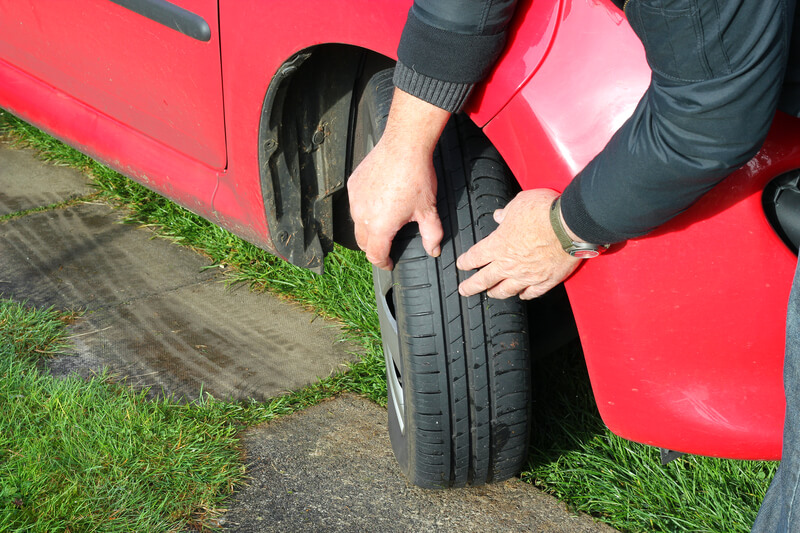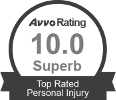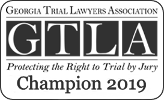Lithium-ion batteries power many objects we use in our daily lives. They are in in many cell phones, laptops, e-bikes and electric or hybrid vehicles. While the lightweight, rechargeable batteries have changed how we travel, communicate and stay connected, they’ve also introduced a potential fire hazard into our homes.
Most recently, the U.S. Consumer Product Safety Commission (CPSC) recalled Baseus Magnetic Wireless Charging Power Banks—small units meant to charge phones—because of the potential for fires and burns. The Baseus recall came just days after the recall of Costco’s myCharge portable charger and just before the July warning for consumers to stop using HTRC C240 lithium battery chargers because of fire risks.
With so many product alerts and product defects tied to battery chargers, what steps should you take to protect your safety? If you’ve been hurt by a lithium-ion battery powered charger or power bank models, what are the next steps?
What to know about the Baseus recall
In June 2024, the United States Consumer Product Safety Commission warned that 132,000 Baseus Magnetic Wireless Charging Power Banks posed a strict liability because of overheating and fire concerns. The CPSC product recall information states that the chargers are linked to 132 reports of bulging or swelling batteries, 39 fires and 13 burn injuries.
The recalled units, which were sold by AliExpress.com, Amazon.com and Baseus.com from April 2022 to April 2024, are refundable through Baseus.
People who own Baseus power banks as part of this recall should:
- Stop using the product immediately.
- Pursue a refund from Baseus customer service (either a full refund with receipt or partial refund without proof of purchase) on www.baseus.com .
- Dispose of the battery in a safe way. (Folks in Georgia can check this list for local resources.)
Now let’s look at some frequently asked questions:
What do I do if I’m injured by a lithium-ion battery?
The alarming slew of lithium-ion battery charger recalls and warnings makes it clear there’s a risk to using some of these defective products. While we’ll cover ways to lessen that risk with charger safety tips later, it’s important to first understand what to do if you’re hurt by an overheated battery or a lithium-ion battery fire:
- If you notice the battery is overheating, carefully unplug all devices and clear the area.
- Avoid touching the battery with your bare hands if it is swollen or bulging.
- If the battery is smoking or has caught fire, immediately call 911and get to safety. Lithium-ion batteries burn incredibly quickly, release hazardous fumes and will sometimes explode. Even if the fire has gone out, call emergency responders as it might reignite.
- If you are hurt by the overheated battery or burned in the fire, seek immediate medical attention for your injuries. In addition to burns, the chemicals inhaled in a fire may require urgent treatment.
- If you’ve been hurt, contact a personal injury attorney who specializes in product liability. These are often complicated cases that require extensive evidence collection and strong advocacy.
What do I need for my product liability case?
If you’ve been injured by a power bank or other lithium-ion-battery-powered device, it’s hurtful to know that something you bought and believed was safe was actually dangerous to use in your home because of design defects. It can be emotionally overwhelming to recover from your injuries, deal with potential property damage and manage the mental consequences of such a frightening event.
Working with a skilled product liability attorney will allow you to focus on your recovery while your lawyer builds a methodical case and handles negotiations with insurers. Product liability lawsuits are complex because multiple parties might be involved, including the manufacturer, the distributer and the seller. Your product liability lawyer may also work with experts during the class action lawsuit who understand thermal runaway—the chain-reaction that can cause a lithium-ion battery to overheat—and can identify its causes, including manufacturing defects.
Your most important step will be to receive prompt medical care. You may also wish to photograph the scene and make notes about what happened. (Remember that burned-out lithium-ion batteries may be incredibly hot and will sometimes reignite, therefore do not handle them after a fire.)
Reporting your accident and pursuing compensation for your injuries also helps raise the alarm about the side effects of a dangerous product. As the Baseus recall demonstrates, faulty products often injure multiple people.
How do I avoid lithium-ion battery incidents?
Thermal runaway can happen when lithium-ion batteries are exposed to high heat, when they’re charged improperly, when they’re punctured or damaged, or, as discussed, when there’s an issue with components or manufacturing. Because of the risk, it’s helpful to create your own charging protocol for your devices, as well as stay vigilant for signs of damage.
• Be fire safe: Have working smoke alarms installed in your home. According to the U.S Fire Administration, you should place them in every bedroom, outside each sleeping area and on every level of the home. If you have electric vehicles, scooters or bikes in your garage, you may wish to install interconnected alarms in that space as well. Test your alarms monthly and replace them every 10 years.
• Have an exit plan: If there’s a fire in your home, you might have only 2 minutes to escape from the time the smoke alarm sounds. Practice a safe, organized escape plan with your family.
• Dedicate a circuit for your EV: Before buying an electric vehicle, have an electrician install a dedicated circuit for your vehicle’s charging device.
• Watch for signs of battery damage: If you notice an odor, excessive heat, noises or a change in shape, immediately stop using the device.
• Don’t store lithium-ion batteries in the car: Even batteries without manufacturing defects can catch fire when stored at high temperatures.
• Use certified products: Use the products that came with your device and seek out products that meet national safety requirements.
• Create a charging protocol for your household: Watching one montage of lithium-ion battery fires will likely have you rethinking old habits like charging your phone on the bedside table. Consider adding a charging protocol to your family’s fire safety plan with ideas like not charging devices while unattended or avoiding overcharging.
Contact Litner + Deganian today for help with your case
If you’ve been hurt by a faulty product, you’ll want to speak to an attorney who understands these complex cases. At Litner + Deganian, we have experience handling product liability claims, including those involving lithium-ion batteries. Contact us today for a free consultation and case evaluation.












